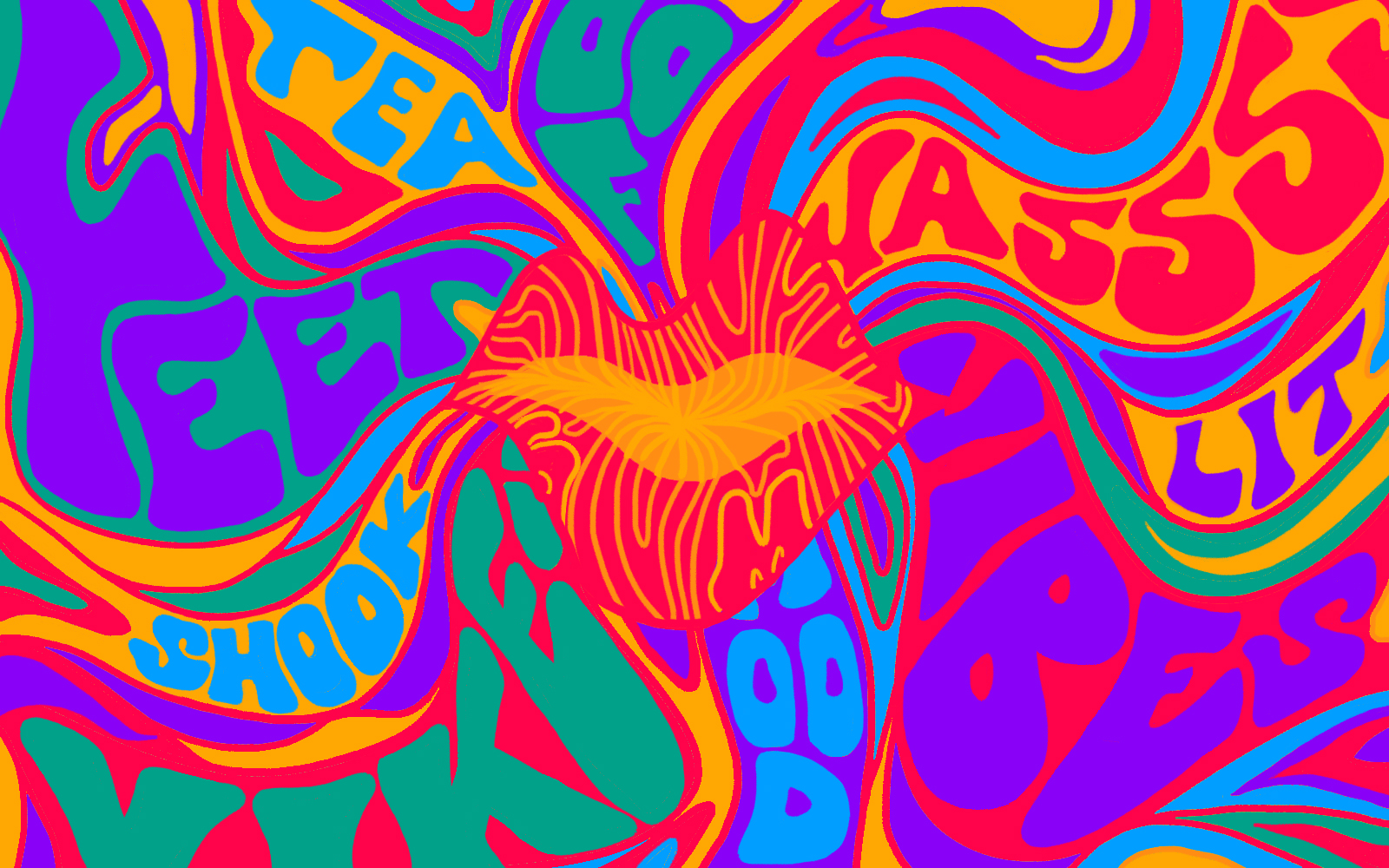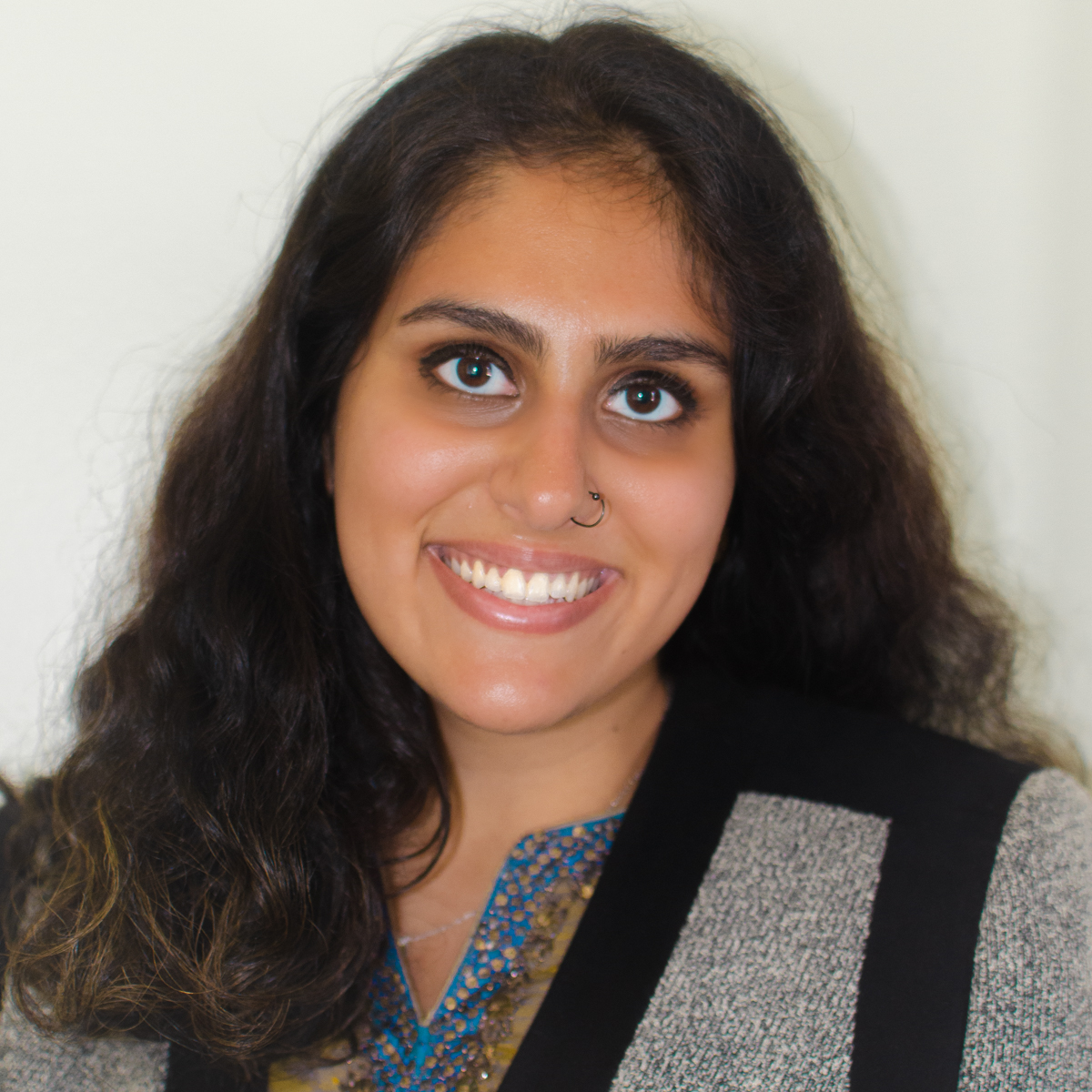The Quad: The evolution of Gen Z slang words and their modern meanings

(Andrea Grigsby/Illustrations director)

By Kanishka Mehra
Oct. 24, 2019 12:04 a.m.
This post was updated Oct. 24 at 9:34 p.m.
What do you mean,”It’s lit?”
“Lit,” “yeet,” “vibes” – these are the words I hear walking across campus on any given day, and I’m curious: What meaning do these words convey anymore, and more importantly, where did they come from?
Thanks to increasing globalization and instant digital communication, the internet provides its users with new slang so quickly that dictionaries can barely keep up.
Nearly 1,000 words are formally added to the English dictionary yearly, though an estimated 5,400 new words are created annually, with the internet playing a noteworthy role. The online Oxford Dictionary now contains “selfie,” “GIF” and “unfriend,” among hundreds of other words.
Other common words have been repurposed to fit internet culture. As I scroll through my Twitter feed, it’s not unusual for me to come across words that have strayed pretty far from their dictionary definitions.
The word “lit,” for example, is commonly used nowadays to describe things that are exciting, lively or intoxicating, rather than being literally caught on fire. While this use of the word seems to have been popularized on social media sites like Twitter and by rappers like Travis Scott, it actually came about in the early 1900s to describe the “lit up” appearance of intoxicated individuals.
For college students in 2019, “lit” can mean so much more: It’s a synonym for pleasant, which that often has nothing to do with alcohol.
Sure, a party can be lit, but it’s also lit when your friend Jason sends you his chemistry notes.
While “lit” has lost its clear meaning over time, some slang never had a set meaning, like the word “yeet.” The word came about when a 2015 Vine featuring a 13-year-old child dancing went viral, and no one knows exactly what it was supposed to mean. Nonetheless, it has become both a blanket statement of affirmation and a command for when you want to throw something across the room.
Oladapo Sangokoya, a third-year sociology student, said that he doesn’t use “yeet” frequently, but sometimes it just makes sense to use it as the last word in a story.
“If I were to use it in a sentence, it would be: ‘He was going to get me a napkin and I was like yeet,'” Sangokoya said.
According to David Crystal, an honorary professor of linguistics at the University of Bangor, the evolution of language is slow in comparison to instant internet trends. This allows internet lingo to spread like fire, unlike traditional language which relies on word-of-mouth.
Other words have a more subtle internet journey; words like “vibes” more or less retain their meanings over time, despite internet overuse.
The Oxford Dictionary defines a “vibe” as “a person’s emotional state or the atmosphere of a place as communicated to and felt by others.” Despite its clear meaning, “vibes” falls into its own category of internet lingo that has become a meme as a result of ironic overuse.
What started as a reference to the Beach Boys’ 1966 hit single “Good Vibrations” became a series of phrases like “Good vibes only” in the 2000s. Nowadays, the word has been so mockingly overused that the jokes write themselves.
Modern linguistics theory states that there is no correct language, as language continues to evolve with technological and cultural shifts. The introduction of these words into formal dictionaries may suggest they are acceptable for use in everyday language.
“I’ll use these words with my friends or on the internet,” said Sangokoya. “But never in a professional setting or a serious paper.”
In other words, yeet, these vibes are mad lit, bruh. Stay chill, homie.


